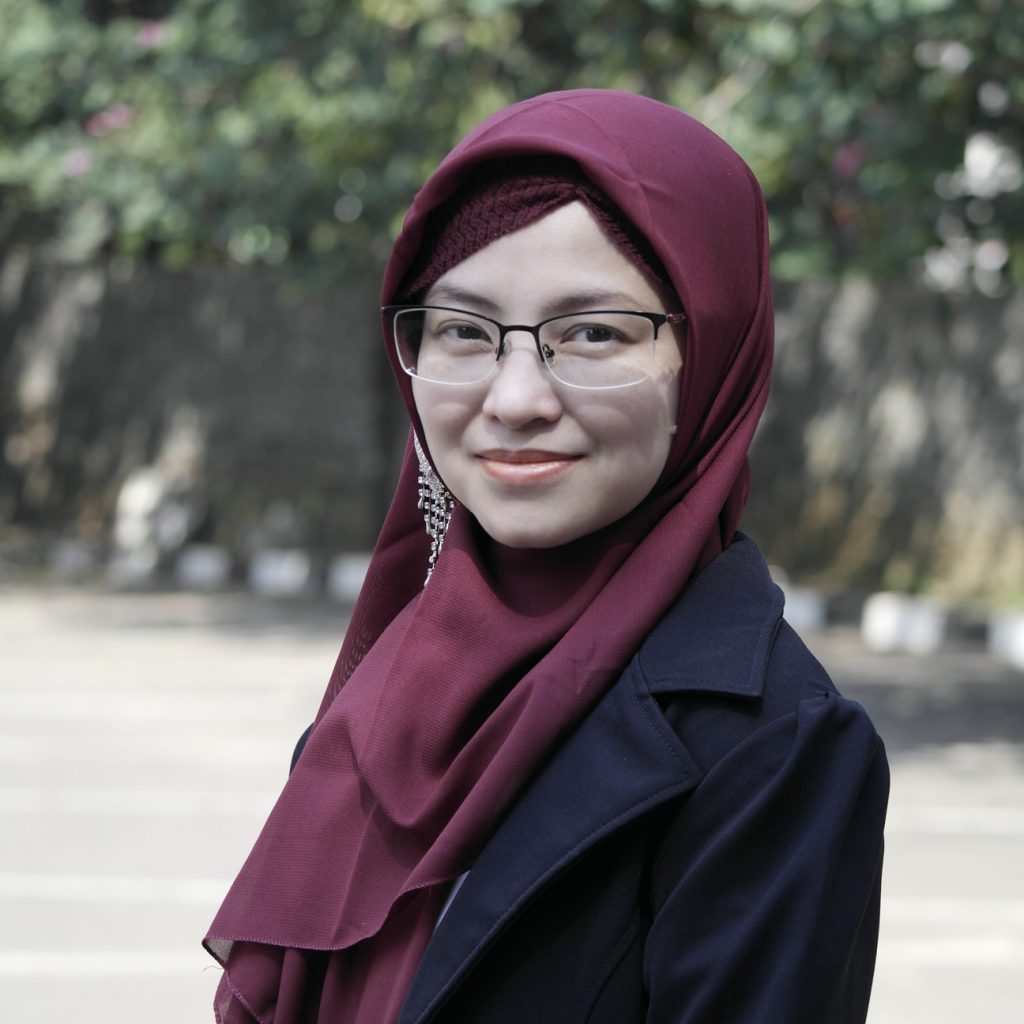Societal Impact Team
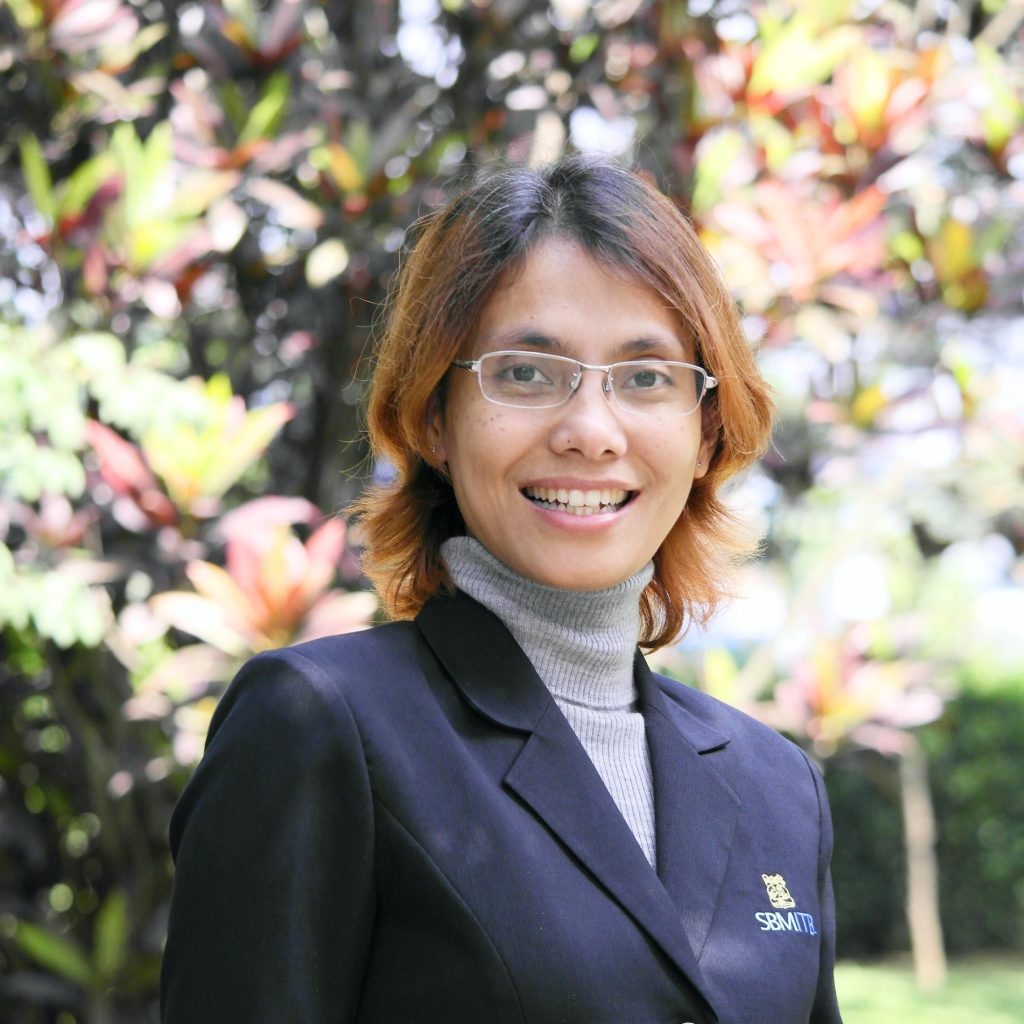
Chairperson
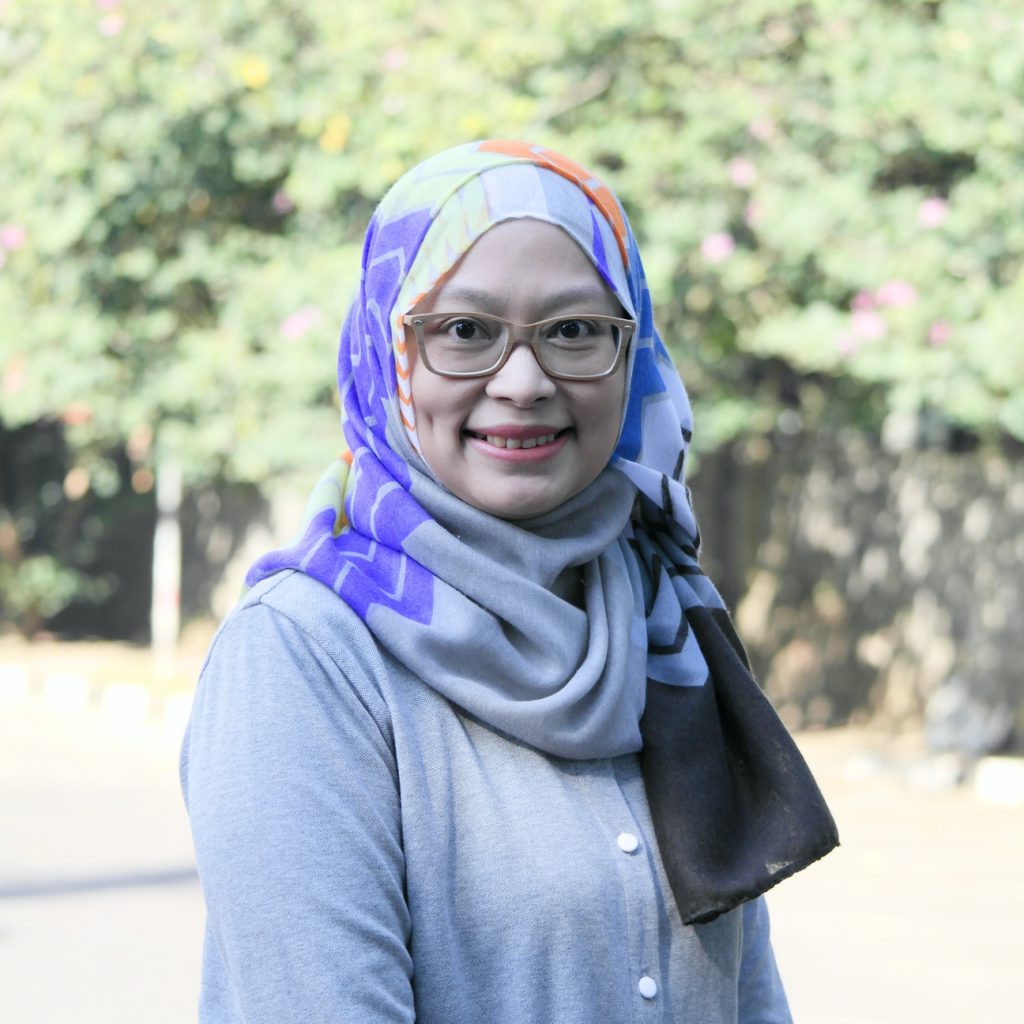
Coordinator of Program Implementation
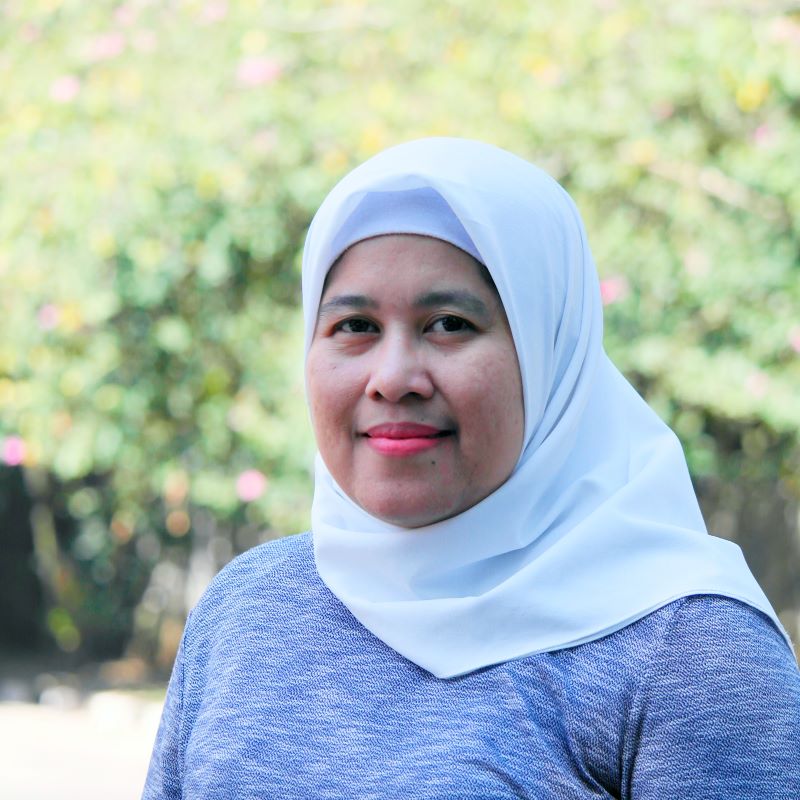
Coordinator of Monitoring and Evaluation
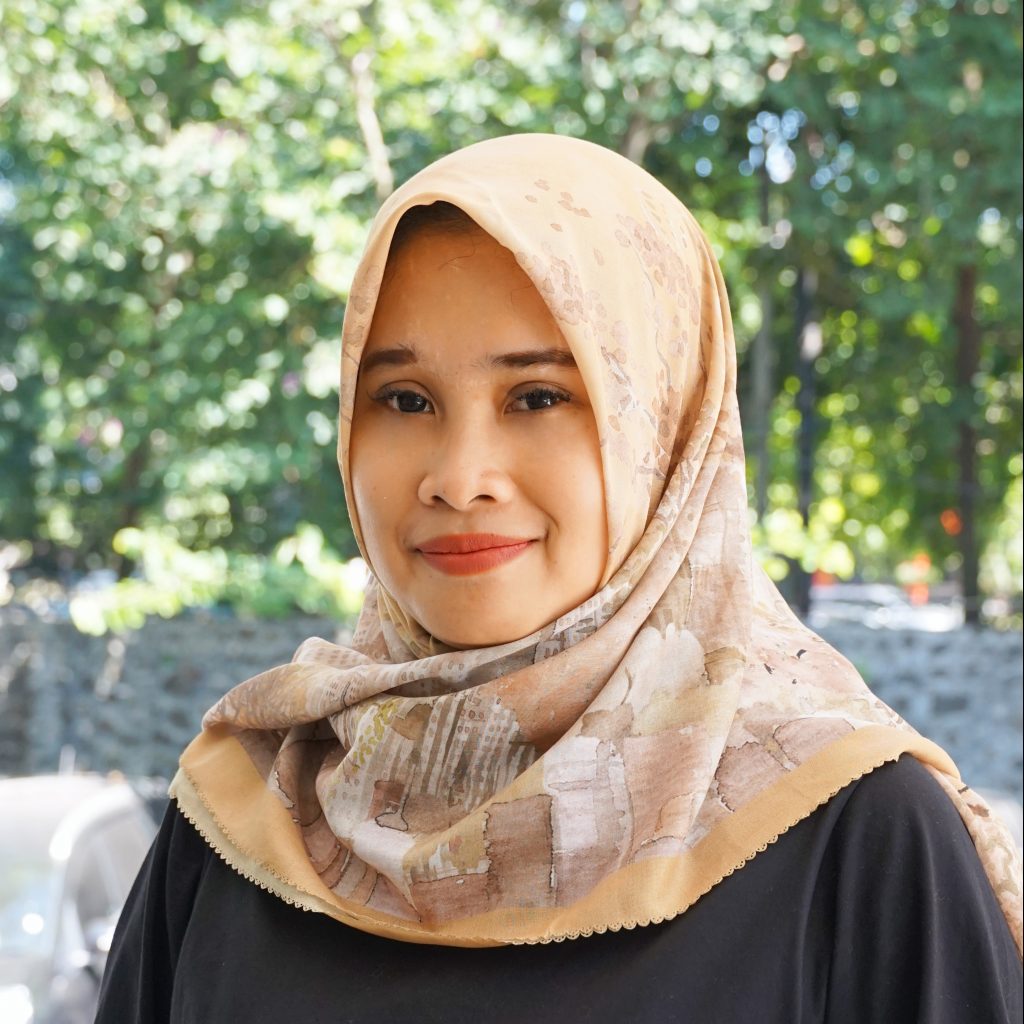
Societal Impact Statement
“SBM ITB aims to empower entrepreneurs by providing access to resources and opportunities that enable sustainable business growth in high-potential communities.”
The More Specific Impact Statement:
“SBM ITB aims to empower micro business entrepreneurs in West Java regional community to survive and grow the business”
“SBM ITB aims to empower entrepreneurs in Citarum river (DAS) community to sustain and grow the business” by 2045 impacting 20 villages (1 year – 1 village)
“SBM ITB aims to empower entrepreneurs in underdeveloped societies with economic potential to sustain and grow the business” by 2045 impacting 20 societies (1 year – 1 society)
Impact Measures:
- Community Focus:
Cirata Village, Purwakarta, West Java – in partnership with SBM ITB & PLN to support local micro-businesses.
- Sustainability Goal:
Ensure 70 percent survival of incubated micro-businesses by 2028, reflecting resilience in dynamic markets.
- Growth Goal:
Achieve 50% improvement in the SBM ITB Micro Businesses Rating for surviving businesses by 2028, showcasing progress in business (sales growth), new jobs, and development/innovation.
Milestone in 2024
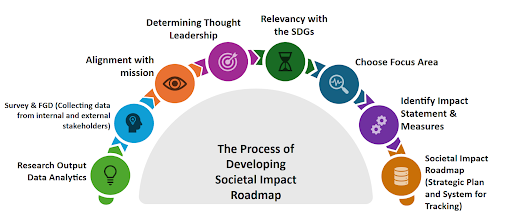
Thought Leadership, Mission, Strategic Plan, and Roadmap
To identify the institution’s unique thought leadership and strategic focus areas, a comprehensive stakeholder survey was conducted from January 19 to February 3, 2024. The survey gathered insights from a diverse range of respondents, including students, alumni, parents, employers/institutions, lecturers, research collaborators, industry representatives, government officials, and community members. This broad stakeholder engagement aimed to ensure that the perspectives and aspirations of all key partners were incorporated into the School’s strategic direction.
To ensure the validity and contextual relevance of the survey findings, a Focused Group Discussion (FGD) was held on January 31, 2024, with representatives from each stakeholder group. This discussion served as a forum to interpret and deepen the survey insights through direct dialogue and collaborative analysis.
In parallel, internal discussions were carried out with key academic leadership groups, including the Dean and Vice Deans, the School Senate, the Strategic Plan Team, and the AACSB Core Team. These internal consultations ensured alignment between stakeholder aspirations and the School’s long-term vision, academic strengths, and accreditation goals. Together, these activities form the foundation for defining strategic thought leadership domains and focus areas that are responsive, inclusive, and forward-looking.
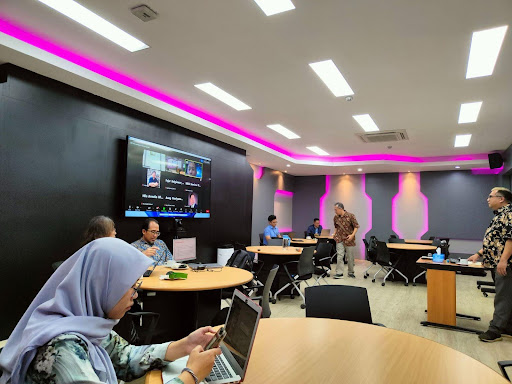
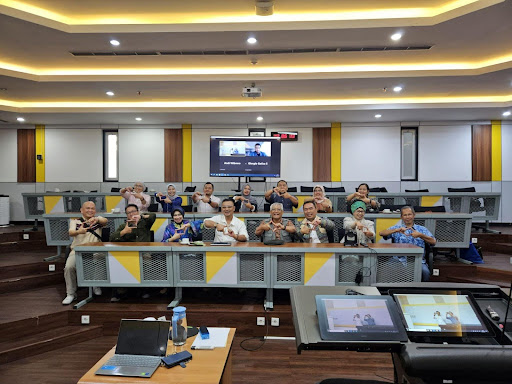
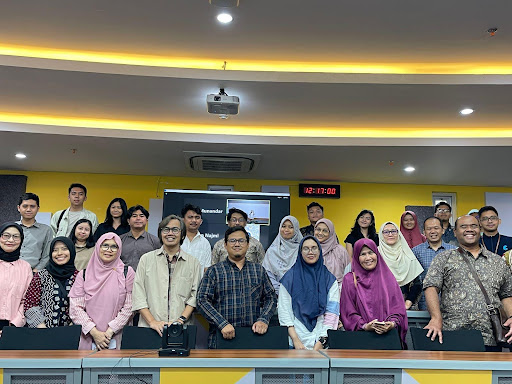
An analytical review of secondary data from publication records authored by SBM ITB lecturers reveals the School’s prominent areas of academic expertise. This data-driven analysis highlights three key thematic strengths that consistently emerge across research outputs:
- Sustainability – covering environmental, social, and economic dimensions, reflecting SBM ITB’s commitment to addressing global and local sustainability challenges.
- Digital Platforms – focusing on digital transformation, innovation, and the integration of technology in business and management practices.
- Ecosystem – examining the dynamics of interconnected stakeholders in various contexts such as entrepreneurship, industry networks, and value creation systems.
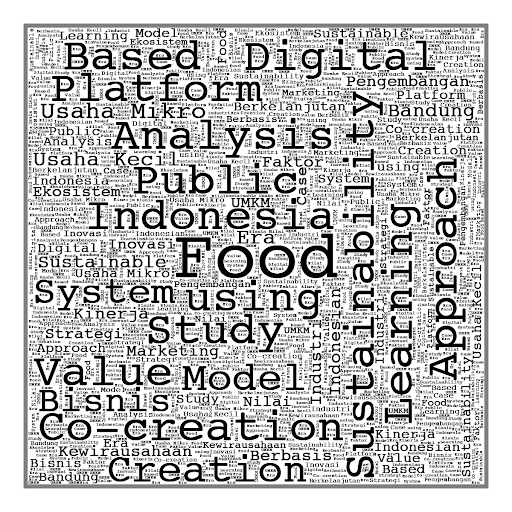
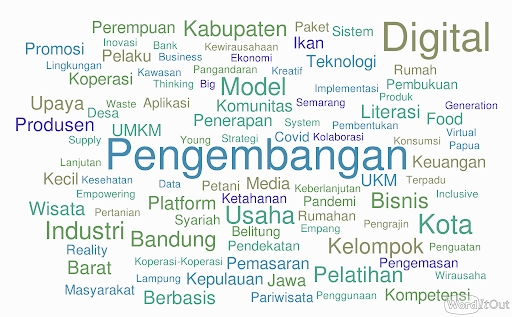
These focal areas not only reflect the scholarly contributions of SBM ITB faculty but also serve as a strategic foundation for strengthening the School’s thought leadership, collaborative research agendas, and societal impact initiatives.
Thought Leadership and Our Mission
“To educate students to be innovative leaders with an entrepreneurial mindset and to develop and disseminate knowledge of business and management for the betterment of business, government, and society.”
https://www.aacsb.edu/accredited/i/institut-teknologi-bandung
SBM ITB’s academic and research strengths are anchored in a diverse set of key expertises that reflect the breadth and depth of its faculty capabilities. These include:
- Business and Management, encompassing both corporate and MSME contexts
- Entrepreneurship, with an emphasis on opportunity recognition, innovation, and value creation
- Decision Making, integrating behavioral, strategic, and data-driven approaches
- Marketing, addressing consumer behavior, branding, and digital engagement
- [Islamic] Finance and Islamic Economics, advancing inclusive and ethical financial models
- Sustainability, across environmental, social, and governance dimensions
- Digital Platforms and Analytical Thinking, focusing on digital innovation and data analytics
- Ecosystem, highlighting collaborative networks and systems-level thinking
These areas of expertise converge into a distinct thought leadership identity that is aligned with SBM ITB’s mission. The School promotes the concept of “entrepreneurial business” as a unifying terminology that encapsulates its academic and practical orientation. This concept refers to the continuous process of discovering new ideas and opportunities, managing uncertainty and risk, solving complex problems, and ultimately creating sustainable value, whether in the corporate world or among micro, small, and medium enterprises (MSMEs). This positioning underscores SBM ITB’s role in shaping leaders who are not only skilled and adaptive but also capable of driving meaningful transformation.
Through the expertise in “entrepreneurial business” (Thought Leadership), SBM ITB aims to determine the focus area of the societal impact to support the achievement of SDG 8: Decent Work and Economic Growth. Why choose SDG 8 (Decent Work and Economic Growth)?
- Emphasizes the importance of promoting sustained, inclusive, and sustainable economic growth, full and productive employment, and decent work for all.
- Fits with the relevance that SDG 8 is directly related to the core mission of SBM ITB, which is to educate students to be responsible leaders who can address the world’s complex challenges.
Impact Area: A High-Potential Community in West Java
Cirata Reservoir (Waduk Cirata) is a reservoir located in three districts in West Java, namely Purwakarta, Cianjur and West Bandung. Cirata Reservoir is managed by a subsidiary of PT PLN, namely PT Pembangkitan Jawa Bali (PJB). Apart from being a hydroelectric power plant and solar power plant, Cirata is also widely visited as a tourist spot.
After several surveys, we identified Cirata, Ciroyom Village’s Highlights:
- SBM ITB faculty has initiated a community service here with PLN PJB as the industry partner
- Head of Village (Kepala Desa) has leadership and vision that the village could be an ecotourism village in the future for economic growth; and has established BumDes in June 2024
- Economic potential: tourism, bamboo craft, and food industry (of about 300 micro businesses)
- It has tourist attractions such as rice fields, waterfalls and forests.
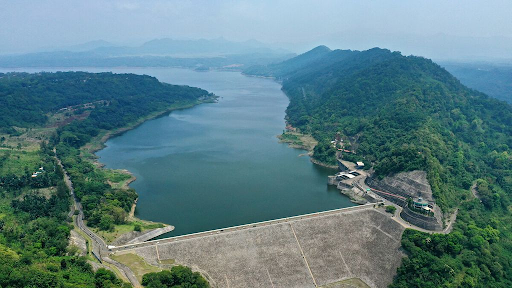

SBM ITB Societal Impact Roadmap
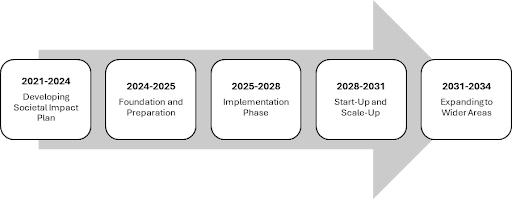
SBM ITB Societal Impact Roadmap through Curriculum, Research, and Engagement

Our Partners
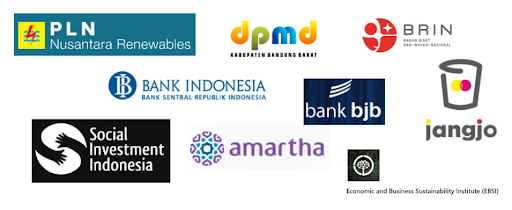
Events
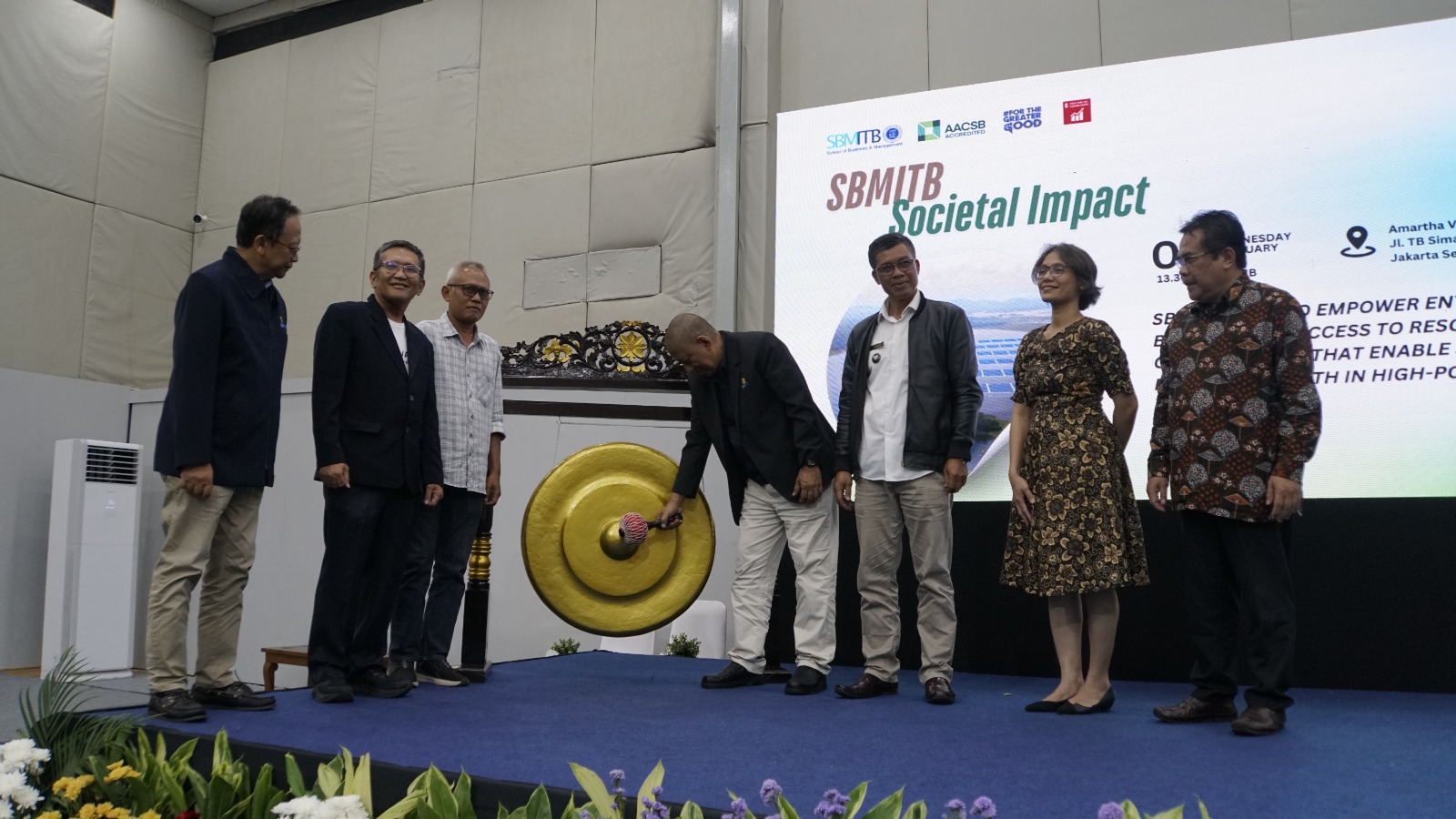
Launching “SBM ITB Societal Impact” on Wednesday, 5 February 2025, at Amartha Village, Cilandak, Jakarta Selatan
On February 5, 2025, the School of Business and Management at Institut Teknologi Bandung (SBM ITB) officially launched the “SBM ITB Societal Impact” program at Amartha Village in South Jakarta. This initiative aims to empower entrepreneurs by providing access to resources and opportunities that enable sustainable business growth in high-potential communities, aligning with the United Nations’ Sustainable Development Goal 8: Decent Work and Economic Growth.
Visit to Saung Ciburial Tourism Village, Garut
The visit to BUMDes Saung Ciburial in Garut on Monday, 12 May 2025, showcased an inspiring model of community-based rural tourism development. With its origins in 2008 through CSR funding from Chevron, the village gradually evolved into a structured tourism initiative under BUMDes leadership starting in 2016. Emphasizing the motto “from the people, by the people, for the people,” Saung Ciburial has developed key tourism offerings including live-in school packages, cultural attractions like Garut’s sheep fighting, and local products such as Teh Kewer and Kopi Akar Wangi.
The success of Saung Ciburial lies in its strong community involvement throughout the village, transparent governance, and strategic partnerships with academic institutions and CSR programs. Profit-sharing mechanisms and reinvestment into shared infrastructure have fostered a sense of ownership among residents. Their experience highlights the importance of visionary leadership from the leader of the village and BUMDes, grassroots participation, and sustainable use of local resources—making it a promising model for replication in other rural areas.
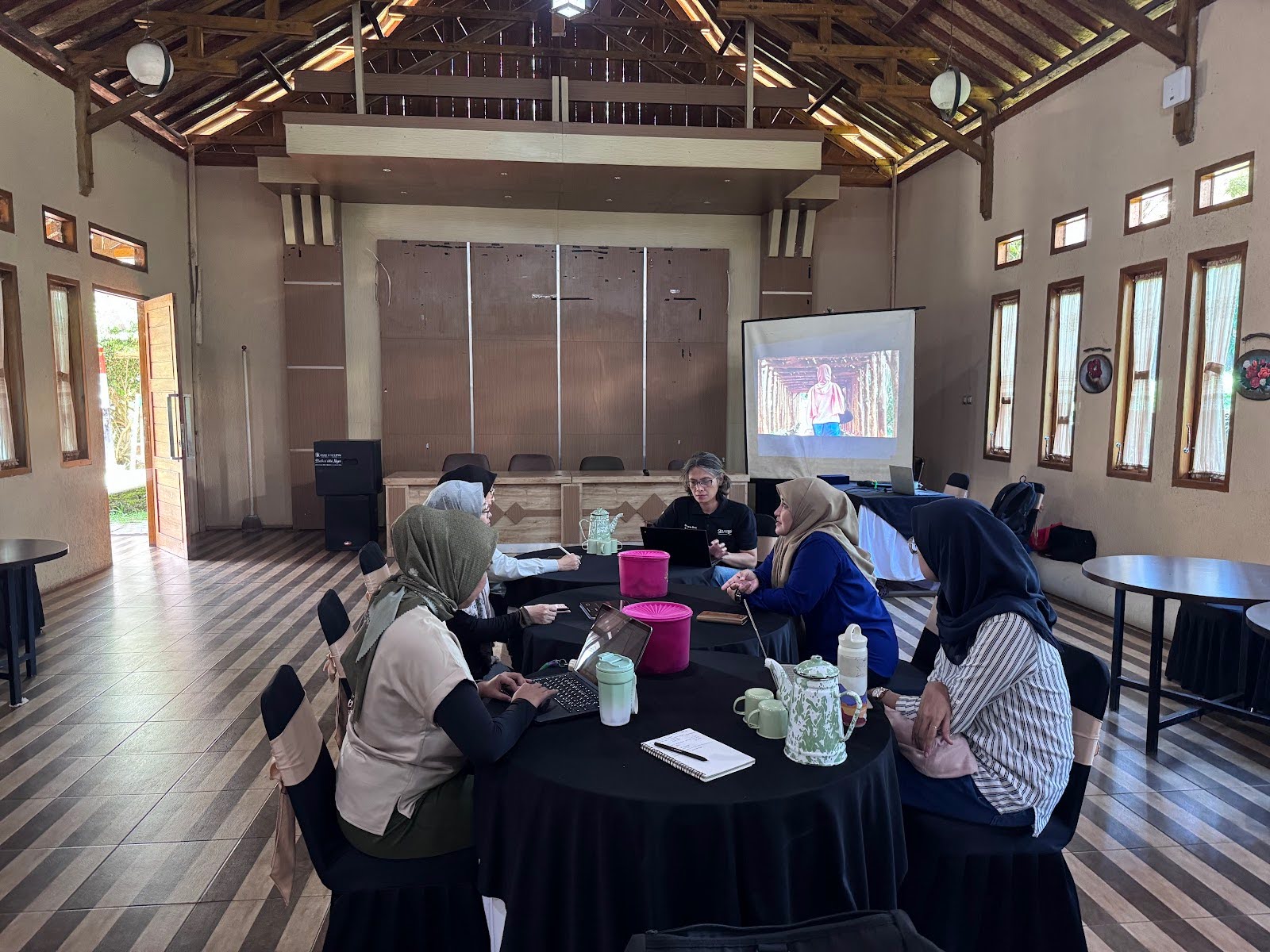
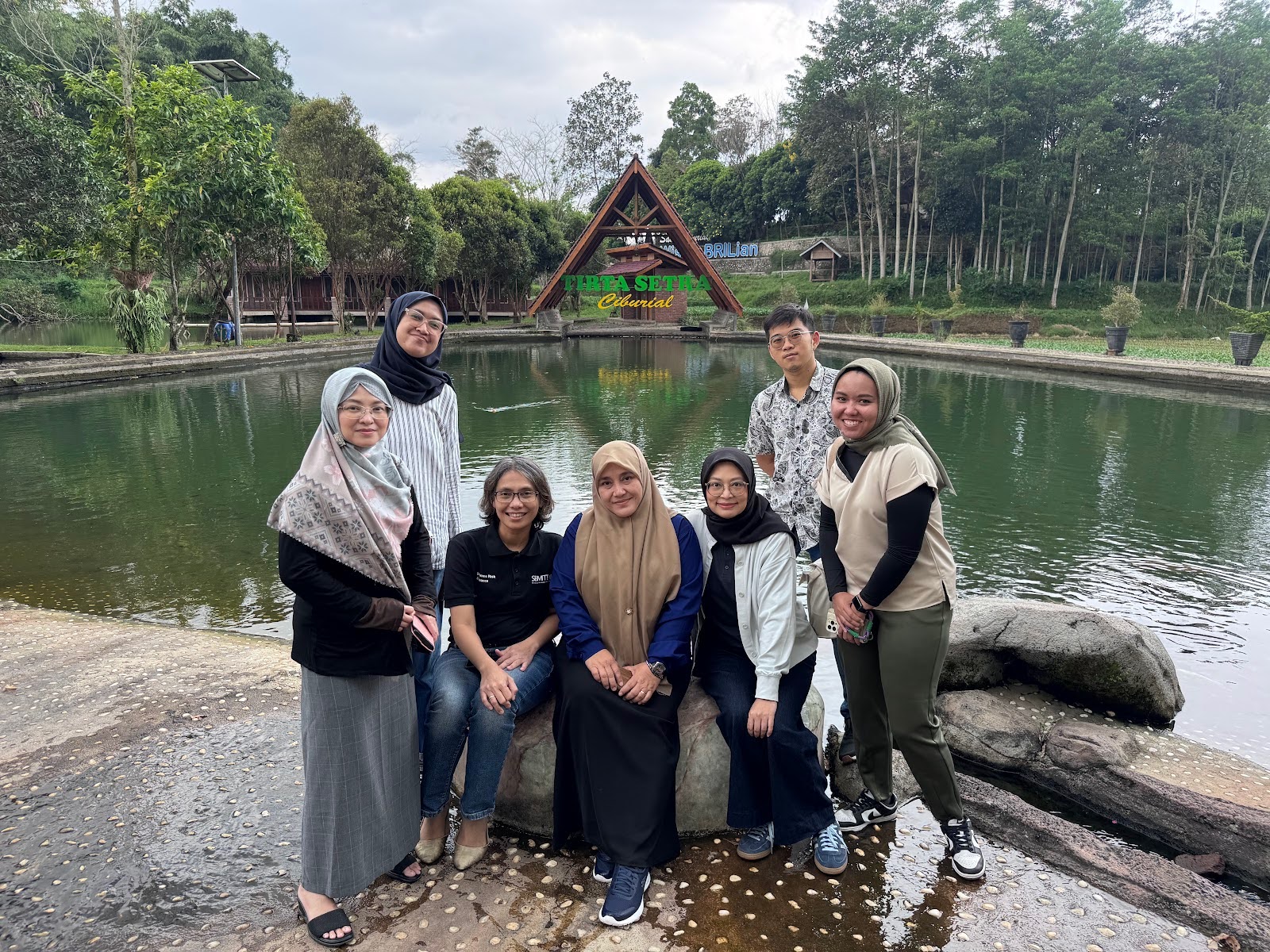
Partnership and Collaboration
At Societal Impact SBM ITB, we believe that creating meaningful societal impact requires collective effort and collaboration across sectors. We invite government institutions, private sector organizations, non-profits, academic institutions, and community leaders to partner with us in designing and implementing initiatives that address pressing social, environmental, and economic challenges.
Through strategic partnerships, we aim to:
- Co-create scalable solutions that empower communities and support sustainable development.
- Leverage shared expertise and resources to accelerate innovation and impact.
- Provide real-world platforms for students and faculty to engage in transformative learning and research.
- Strengthen the ecosystem of social impact actors in Indonesia and beyond.
Whether you are interested in joint research, community projects, student engagement, funding support, or policy advocacy, we welcome the opportunity to work together.
Let’s build a better future—together.
please contact our Societal Impact Program team at
